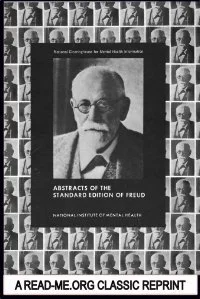By Philip Rieff
From the Preface: "The Emergence of Psychological Man" was written as a coda to The Mind of the Moralist, it is often assigned to students and read separately now from the main body of the text. I have thought ti important to amplify the concept of psychological manfor a reason stated most succinctly by two historians in their appraisal of my work and its implications. "If the dominant character type of the twentieth century is really what Riff calls 'psychological man,' the consequences for western society are quite incalculable." As a calculus of the incalculable, The Triumph of the Therapeutic is more than amplification of what has gone before; it signifies a beginning as wel as an end. I have tried to say something about the consequences of psychological man for Western society-but not everything, for I do not consider the advance of the social sciences toward a theory of culture yet sure enough to convey such an attempt….
NY. Harper & Row. 1966. 282p. CONTAINS MARK-UP






